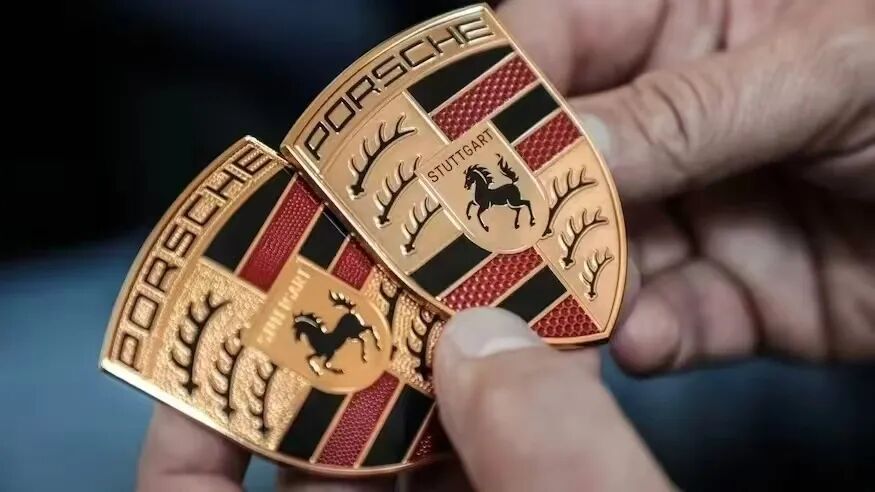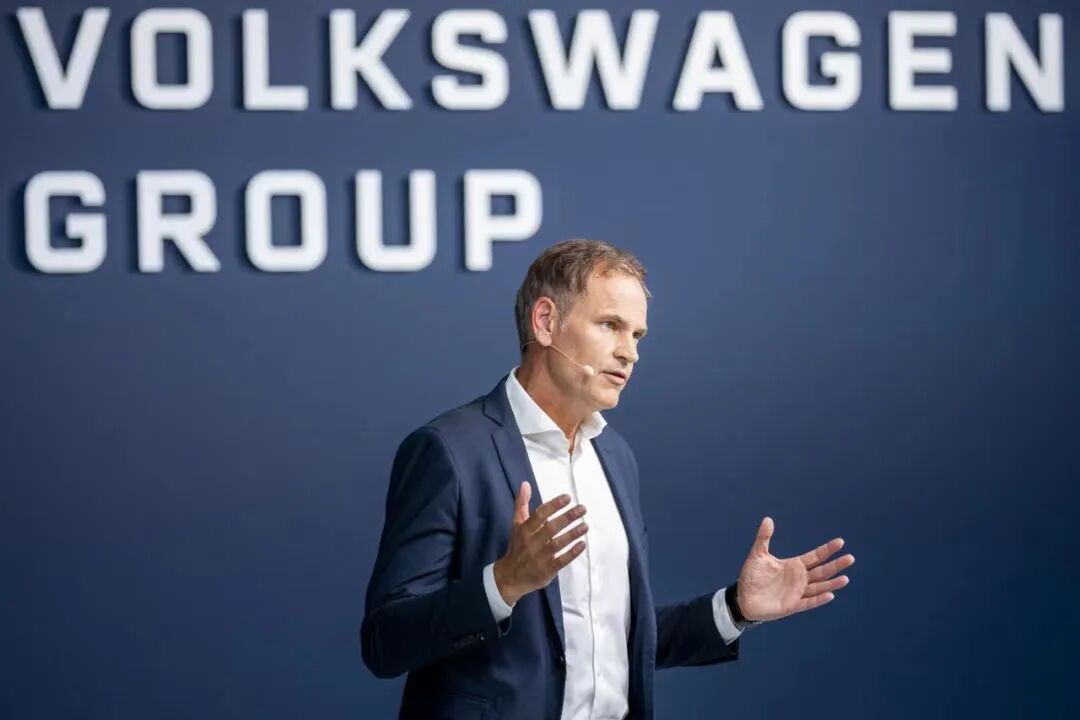【One-Week Auto Talk】Leading Porsche: A Formidable Challenge
![]() 10/27 2025
10/27 2025
![]() 518
518

Lead-in
Introduction
The Porsche we know today is not the same as it once was, at least not in the Chinese market.
A decade-long chapter has now closed.
On Monday of this week, Porsche announced that its current CEO, Oliver Blume, will step down, with former McLaren CEO Michael Leiters set to take the helm. This appointment will officially come into effect on January 1, 2026.

Oliver Blume assumed leadership of the Porsche brand in 2015. Over the past decade, Porsche has been at the forefront of his focus. In 2022, he succeeded Herbert Diess as the head of the Volkswagen Group, taking on the dual role of CEO. However, this dual responsibility has consistently faced scrutiny from the outside world.
Towards the end of last year, the Volkswagen Group announced significant layoffs and the closure of some German factories, sparking discontent among unions and employees. Blume found himself under mounting pressure to relinquish one of his roles. Over the past six months, due to a marked decline in Porsche's brand performance, unions and investors have persistently urged Blume to step down from one of his positions.
Blume had once maintained that holding both CEO roles did not pose significant conflicts for corporate management. However, investors held a contrary view, contending that the 'dual-role structure' does not conform to modern corporate governance norms. Especially during Porsche's critical transition phase, Blume's dual roles could potentially lead to conflicts of interest and weaken accountability mechanisms.

Porsche's next CEO is Michael Leiters, the former head of McLaren. Blume will continue to serve as CEO of the Volkswagen Group until the end of 2030. A major shareholder of Porsche informed Reuters that Michael Leiters' experience at rival companies like McLaren and Ferrari positions him well to chart a feasible future development path for Porsche.
The new CEO's mission is to steer Porsche into the era of electrification.
Since going public in 2022, Porsche has witnessed approximately half of its market value evaporate and is simultaneously grappling with challenges in the electrification transition of ultra-luxury car brands.
A Porsche spokesperson acknowledged that due to low consumer interest in fully electric supercars, sales of the Taycan plummeted by 49% in 2024, nearly halving. Owing to the sharp decline in sales of this flagship model, Porsche reduced one production shift in Zuffenhausen last autumn to cope with the steep drop in demand for the Taycan.
As early as the end of 2023, Porsche set an ambitious goal of 'over half of new cars being electrified by 2025 and fully electric models accounting for over 80% by 2030.' However, judging by the sales performance in 2024, only 27% of its new energy vehicle deliveries were achieved.
In the first three quarters of this year, Porsche delivered a cumulative total of 213,000 vehicles globally, marking a year-on-year decrease of 6%. The Chinese market experienced the largest decline, with cumulative sales of 32,000 vehicles, a year-on-year decrease of 26%.
Performance in Germany, its home market, is also far from optimistic. In the first three quarters of this year, Porsche's cumulative sales in Germany reached 22,000 vehicles, a year-on-year decrease of 16%. Sales in Europe (excluding the German market) were 50,000 vehicles, a year-on-year decrease of 4%. At this critical juncture, when a rebound is urgently needed, the appointment of the new CEO brings fresh hope.
Earlier this year, Blume expressed his expectation that Porsche would regain positive momentum starting in 2026. However, European analysts are not as sanguine.
The industry generally believes that Porsche's restructuring may take three to five years. Additionally, the new CEO will need to initiate a series of restructuring plans, with layoffs being an unavoidable aspect. Porsche officially announced last year that it plans to lay off approximately 3,900 employees by 2029. However, given the current operational landscape, new layoff plans in the coming years cannot be ruled out.
Even during the most challenging financial crisis period (2008-2009), Porsche managed to maintain double-digit profit margins. However, this year, the brand has repeatedly lowered its profit forecasts, with the profit margin being adjusted down to 2%.
In September this year, Porsche revised its electrification strategy, including postponing the release of some electric models and retaining fuel-powered versions for several mainstay models. After the new CEO takes office, finding a balance between fuel-powered and electric vehicles will remain one of Porsche's biggest challenges.
Another crucial task is to revitalize the Chinese market.
Over the past few years, China has consistently been Porsche's largest single market globally, contributing over 30% to the brand's global sales volume and serving as an undeniable 'profit engine.' However, starting in the first half of last year, Porsche's sales in the Chinese market declined by over 30%. Not only did it lose its title as the world's largest single market, but it also became the brand's single market with the most severe global decline.
As one investor aptly put it, currently, Porsche can handle U.S. import tariffs of up to 15%. However, the real challenges lie in finding new pathways in the era of electrification and revitalizing sales and brand presence in China.
Some consulting firms even analyze that unless Porsche can accurately identify the consumption preferences of Chinese consumers and the consumption trends in the era of electrification, the likelihood of restoring its former high-profit margins in the Chinese market is slim. 'Because it's no longer the Porsche it once was, at least not in the Chinese market.'
Editor-in-Chief: Shi Ye Editor: Chen Xinnan








